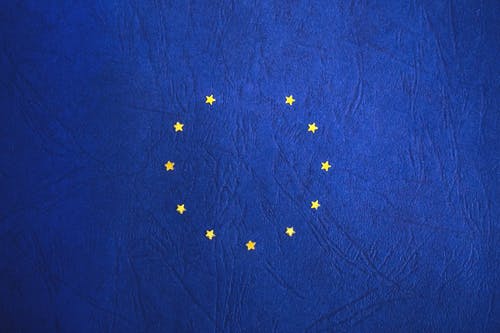In 1989, two years before the collapse of the Soviet Union, the nation entered a severe phase of systemic crisis.
Kondratiev first published in his 1925 book, "The Great Economic Wars, the concept of long-term theory."
Saudi Arabia has given Russia the opportunity to withdraw from OPEC in order to start a price war to gain a large share of the market.
This week, one of the main topics in the four corners of the globe is the "oil war" between Russia and Saudi Arabia. A prisoner of war claims that the Russian economy will become a tanker in this oil price war. According to various economic models, Russia's economic crisis is expected to reach 2025 by the end of the year. At that stage, it is possible that the West will weaken Russia.
It is normal to blame the drop in oil prices on Putin’s decision to withdraw from OPEC, although such discussions have also begun in the past year. It is also very encouraging that Putin wants to create an alternative to OPEC with BRICS. There are signs that Russia and China are entering strong markets in Africa. Russia's strategy is to support African nations, and their leaders, in order to maintain its sovereignty and prevent it.
OPEC has not been in power for some time. OPEC member countries control about 30% of annual oil production and can reduce barrels of oil, but they can no longer make up for the shortfall in the market and raise prices. OPEC believes it can produce the same results as it did in the 1970s. However, this time alone is not possible. In addition, all the fallen tiles are immediately repaired by American stone manufacturers.
The peculiarity of shale oil production technologies is that at high production costs, capital investment in the pan is demanded by a smaller order of magnitude, and therefore it is possible to increase production almost instantly. If prices go down, good times are better protected. Regular oil fields cannot be drained in this way. Therefore, Russia caused the price of oil not to rise. In fact, Saudi Arabia saw this as an opportunity to start a price war in anticipation of expanding market share.
In 1989, two years before the collapse of the Soviet Union, the nation entered a severe phase of systemic crisis. This ground was predicted by Kondratiev’s economic model, a concept that was adopted by a sociological economist during the communist era in Russia. Nikolai D. Kondratiev first published his book in 1925, "The Great Economic Cycles."
In the 1990s in the Soviet Union there was an estimated increase in prices for consumer goods. The Soviet financial reform of 1991, commonly referred to as the Pavlov reform, was the last monetary reform before the official collapse of the Soviet Union. The aim of the reform was to withdraw money from the fund for the reconstruction of useful products that were in short supply. All of this happened against the backdrop of global oil prices, but in reality this situation had the least impact on the entire Soviet economy.
It is also possible that Russia will pay up to $ 5 a barrel in oil taxes at this time, and the paradigm that stands will only contribute to market volatility. Increase pandemic coronavirus and economic hit. The end result, as predicted by Kondratiev, is universal salvation.
On Saudi Arabia
Saudi Aramco announced a cut in capital expenditures from $35–40
billion planned to $25–30 billion. The
government also increased its debt ceiling from 30 to 50 percent
of GDP, due to both oil prices and the impact of the pandemic, and planned to
cut its spending by 5 percent as its budget deficit was expected to increase
from 6 to 9 percent.
On Russia
The
Russian government had initially forecast that it would run a surplus of 930
billion roubles ($11.4 billion)
in 2020, but following the outbreak of the price war stated that it expected to
run at a deficit. The ruble's dropped, having fallen over 30 percent between
the start of 2020 and 18 March.
At the same time, the oil price war will not hurt Russia as much as Saudi Arabia wants to believe, nor will it change the tragedy of the Kremlin agenda. It will only run OPEC soon after the vote to change the Russian constitution, which will be renewed this spring. Therefore, it is useless at this time to fight the price of oil.








0 Comments
Please do not comment or paste link which is scam